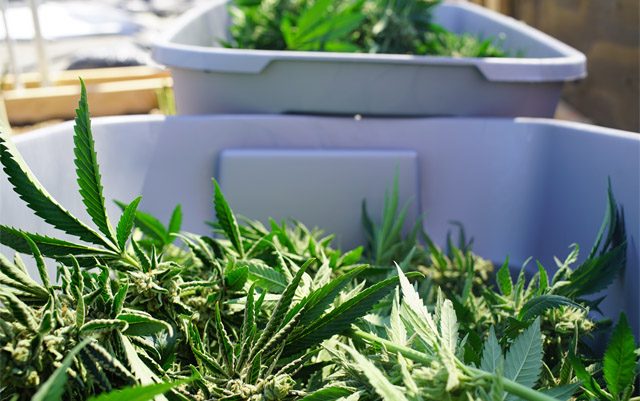This week the state of Rhode Island issued an emergency action that will expedite applications for a new sector of their medical marijuana industry as quickly as possible. This new license will be for what the state is calling “cultivators” – who will take over supplying medical marijuana dispensaries with additional products and strains.
Currently, dispensaries get a lot of their medical marijuana from caregivers who are growing it for their patients. Last year the state put a ban on allowing caregivers to sell their excess cannabis, claiming that too much of it was flowing back into the black market. In order to prevent this from causing a shortage in the dispensaries, the state created the position of cultivators, which will allow facilities of all different sizes to grow up to 500 plants in a space of up to 10,000 square feet.
For those who wish to apply to be a cultivator it will cost $5,000 for a nonrefundable application fee just to get started – and the licensing fee will range from $20,000-80,000 depending on the size of the operation. Once up and running the cultivators will only be able to have up to 10 pounds of harvested cannabis at a time – anything that is not sold to a dispensary after 30 days will have to be destroyed before new crops are harvested.
The state is expecting that this will end up being an extremely lucrative part of their medical marijuana industry – especially since dispensaries purchase around 40-60% of their product from other growers, even though they can grow as much as they need for their patients. While the licensing fees are high, if the demand is high enough, there will be no limit on plants per facility in the future, meaning an almost endless opportunity for profits.
“We don’t know what the business climate will be like in the first year. It seems like regulators in Rhode Island believe it will be extremely lucrative. I hope it is,” said Moulton.
Applications will be accepted for new cultivators up until April 30th of 2017. However, those who have already applied will be pushed through to ensure that come January 1st, when caregivers can no longer sell to dispensaries, patients don’t run out of medicine. The state does not plan to cap the number of licenses, at least not for the first year – and then after seeing how things go they will decide how many licenses to allow each year after based on the number of patients and dispensaries in need.






